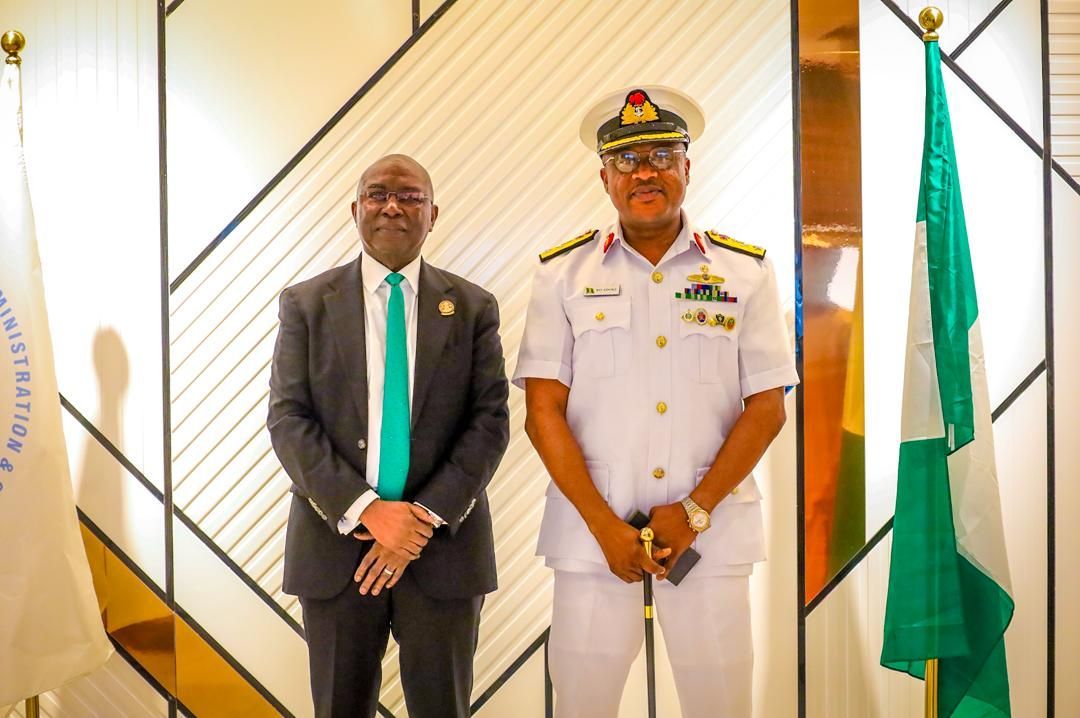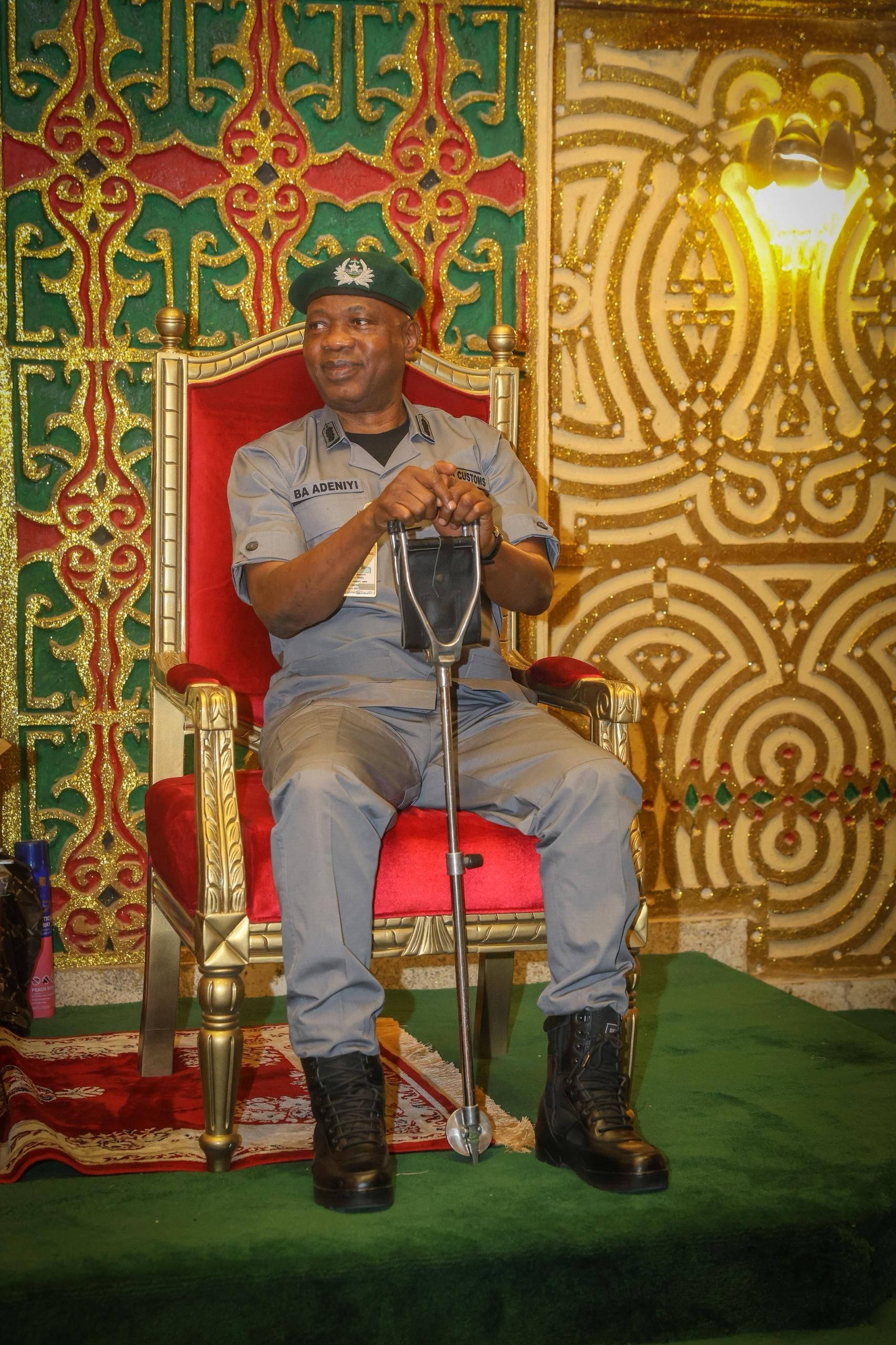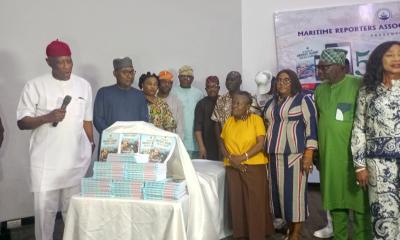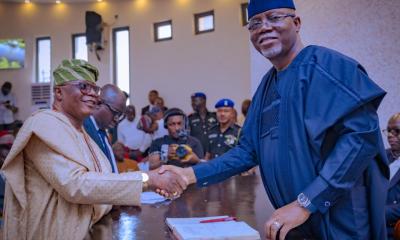Headlines
Stakeholders kick as Navy returns to Ports

“The Nigerian Navy should be concerned with our territorial waters and the Gulf of Guinea (GoG), where we have so many security challenges bedeviling the country.
“Already, we have government agencies at the port doing almost the same thing such that it is difficult to exit cargoes from the seaports, so why will they want to add to the burden?” he queried.
“They should concentrate on the coastal waters where piracy is expected to be combated. Also, I believe that the bulk of the small arms and ammunition are not coming in through the seaports but through the porous borders because of the hassles involved in 100 percent examination.
“There is already a technology from the Nigerian Shippers Council to track and see cargoes, so they should key into that initiative to know the types of cargoes that will be coming into the country.
“We don’t need an additional agency at the port because shippers that own cargoes coming to Nigerian seaports are already overburdened by the activities of government agencies at the port.”, Rev. Nicol declared.
Otunba Frank Ogunojemite, the National President, Africa Association of Professional Freight Forwarders and Logistics in Nigeria (APFFLON), believed that the Navy at the seaports would not solve the proliferation of light and small arms into the country.
Headlines
NIWA partners ICPC to strengthen internal transparency in its operations

Headlines
Navy appoints new Maritime Guard Commander for NIMASA

Commodore Adoki, a principal Warfare Officer specializing in communication and intelligence, brings onboard 25 years experience in the Nigerian Navy covering training, staff and operations.
Welcoming the new MGC Commander to the Agency, the Director General, Dr Dayo Mobereola, expressed confidence in Adoki’s addition to the team, emphasising that it will further strengthen the nation’s maritime security architecture given his vast experience in the industry.
The Maritime Guard Command domiciled in NIMASA was established as part of the resolutions of the Memorandum of Understanding (MoU) with the Nigerian Navy to assist NIMASA strengthen operational efficiency in Nigeria’s territorial waters, especially through enforcement of security, safety and other maritime regulations.
Customs
Customs collects N1.585 trillion from 51 compliant traders under AEO programme

-

 Headlines3 months ago
Headlines3 months agoEx-NIWA boss, Oyebamiji, emerges most media-friendly CEO in maritime industry
-

 Headlines4 days ago
Headlines4 days agoFIFA sends Nigeria’s Super Eagles to 2026 World Cup, awards boardroom scoreline of 3 goals to nil against DR Congo
-

 Headlines3 months ago
Headlines3 months agoMARAN pulls industry’s stakeholders to unveil its iconic book on Maritime industry.
-

 Customs3 months ago
Customs3 months agoHow Comptroller Adenuga is raising revenue profile of Seme command, facilitating regional trade.
-

 Headlines3 months ago
Headlines3 months agoNigeria showcases readiness for compliance with IMO decarbonization policy at Brazil conference
-

 Headlines3 months ago
Headlines3 months agoOndo govt inaugurates former NIMASA Director, Olu Aladenusi, as Special Aide on Marine and Blue Economy

